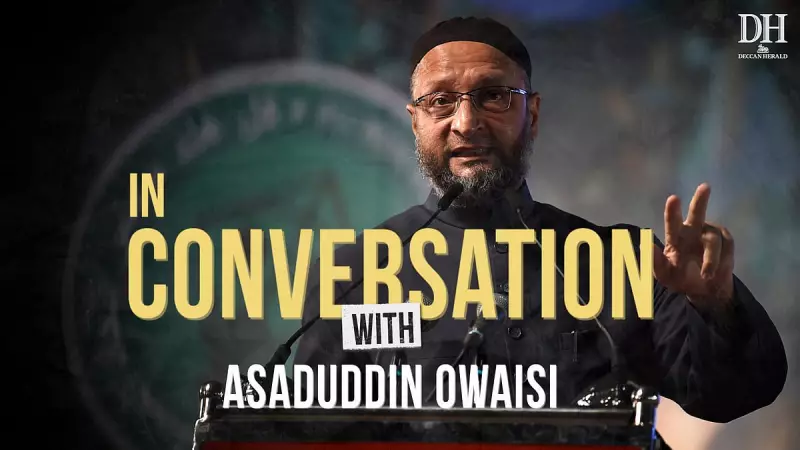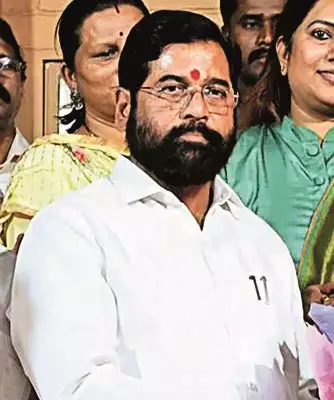
In a bold political move that's set to redefine Bihar's electoral landscape, Asaduddin Owaisi, the firebrand leader of All India Majlis-e-Ittehadul Muslimeen (AIMIM), has posed a challenging question to the state's political establishment: Why can't a Muslim leader claim the Deputy Chief Minister's post in Bihar?
The Representation Question
Owaisi didn't mince words when he highlighted what he sees as a glaring gap in Bihar's political representation. "Muslims have been ministers, they have been speakers, but why has there never been a Muslim deputy chief minister in Bihar?" he questioned during his announcement of AIMIM's electoral ambitions in the state.
The Hyderabad MP's comments come at a crucial juncture as political parties begin positioning themselves for the upcoming state elections. His statement directly challenges the traditional power-sharing arrangements that have dominated Bihar politics for decades.
AIMIM's Electoral Strategy
Owaisi confirmed that his party will contest the Bihar assembly elections, though he remained strategic about the exact number of seats. "We will fight on as many seats as we can, but we will not be a 'B team' of anyone," he asserted, making it clear that AIMIM intends to maintain its independent political identity.
The AIMIM chief emphasized that his party's approach would be issue-based rather than personality-focused. He stressed the importance of addressing core concerns affecting all communities while ensuring adequate political space for Muslim representation.
Political Reactions and Implications
Owaisi's remarks have sent ripples through Bihar's political circles, particularly among parties that have traditionally relied on Muslim votes. His direct challenge to the existing power structures raises important questions about:
- The adequacy of Muslim political representation in Bihar government
- The traditional vote bank politics practiced by mainstream parties
- The potential fragmentation of minority votes
- The changing dynamics of identity politics in the state
Historical Context and Future Prospects
Bihar, with its significant Muslim population, has seen Muslim leaders hold various ministerial positions over the years. However, the deputy chief minister's post has remained elusive for the community despite its substantial demographic presence.
Owaisi's intervention comes at a time when questions of representation and inclusion are gaining prominence in Indian politics. His party's performance in the Bihar elections could signal whether his message of enhanced political empowerment resonates with voters seeking greater representation.
As the electoral battle heats up, all eyes will be on how traditional parties respond to this challenge and whether Owaisi's AIMIM can carve out a significant political space in Bihar's complex electoral arithmetic.






